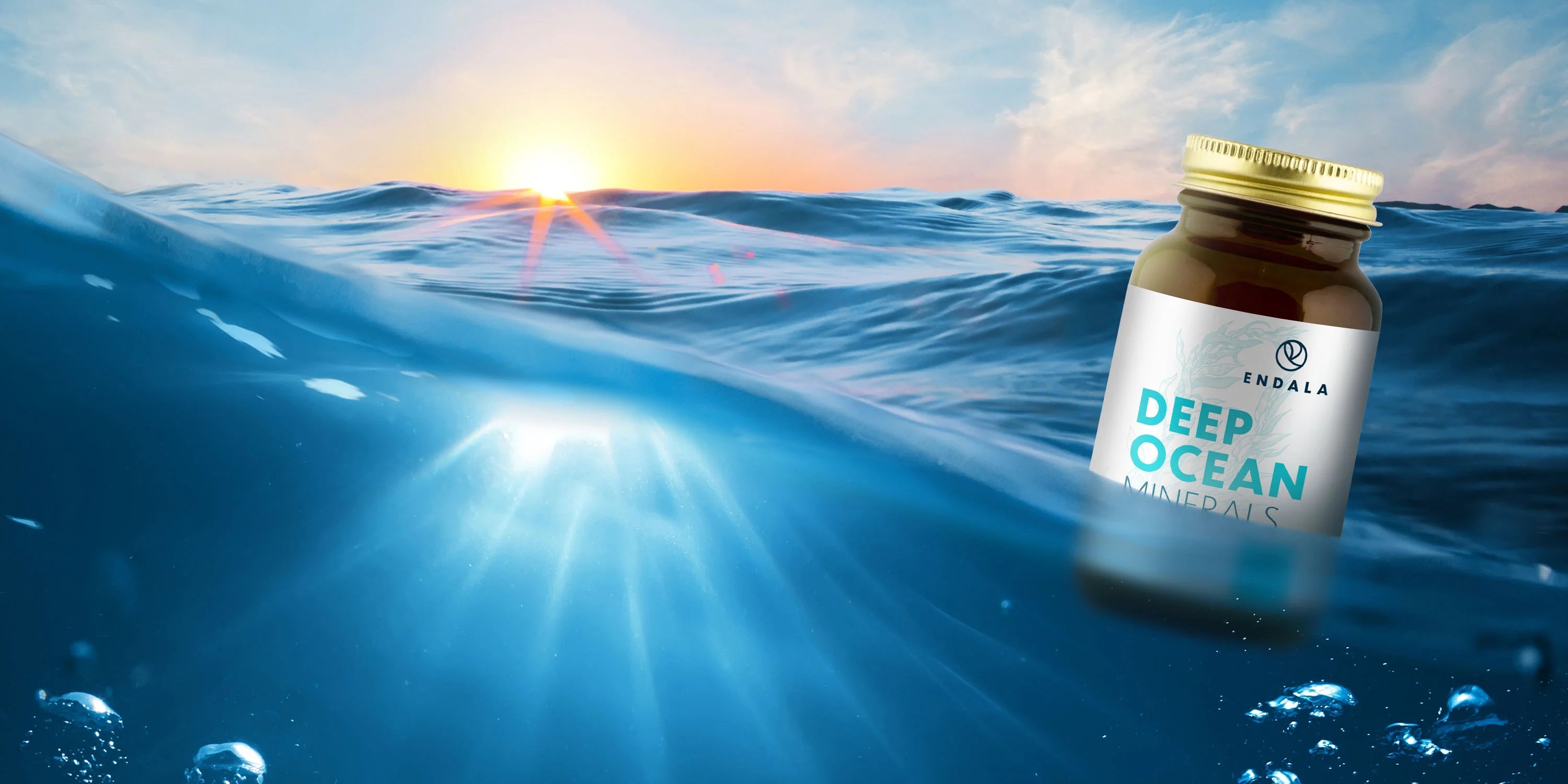Introduction
Minerals are essential for maintaining human health. There are a wide variety of dietary supplements available on the market that contain either deep-ocean or synthetic minerals. In this article, we will focus on the differences between the two types and their effect on our health.
Deep Ocean Vs. synthetic minerals
Deep-sea minerals are obtained from natural sources, specifically from a depth of 662 meters off the coast of Taiwan. They contain more than 70 minerals and trace elements in a complex, mutually synergistic form. These minerals are in natural ionic form and in natural conditions, which gives them high bioavailability and absorbability. Additionally, deep ocean minerals have 16 medical studies supporting their effectiveness. In contrast, synthetic minerals are made in laboratories from chemical compounds that are not common in nature. Synthetic minerals may be less effective and less well processed by the body.
Bioavailability and effect on health
Research shows that the bioavailability of deep ocean minerals is higher than most synthetic mineral supplements. In addition, deep-ocean minerals have a positive effect on health due to the complex content of synergistic elements that contribute to better functioning of the organism. Synthetic mineral supplements often lack the complex composition common to deep ocean minerals.
Conclusion
To maintain optimal health, it is wise to prefer deep-ocean minerals over synthetic supplements. Deep-ocean minerals are functionally superior to synthetics because they contain more than 70 synergistic minerals and trace elements in natural ionic form and in natural proportions. In addition, 16 medical studies confirm their effectiveness. This gives them high bioavailability and absorbability, which is very beneficial for the human body.





Leave a comment
This site is protected by hCaptcha and the hCaptcha Privacy Policy and Terms of Service apply.